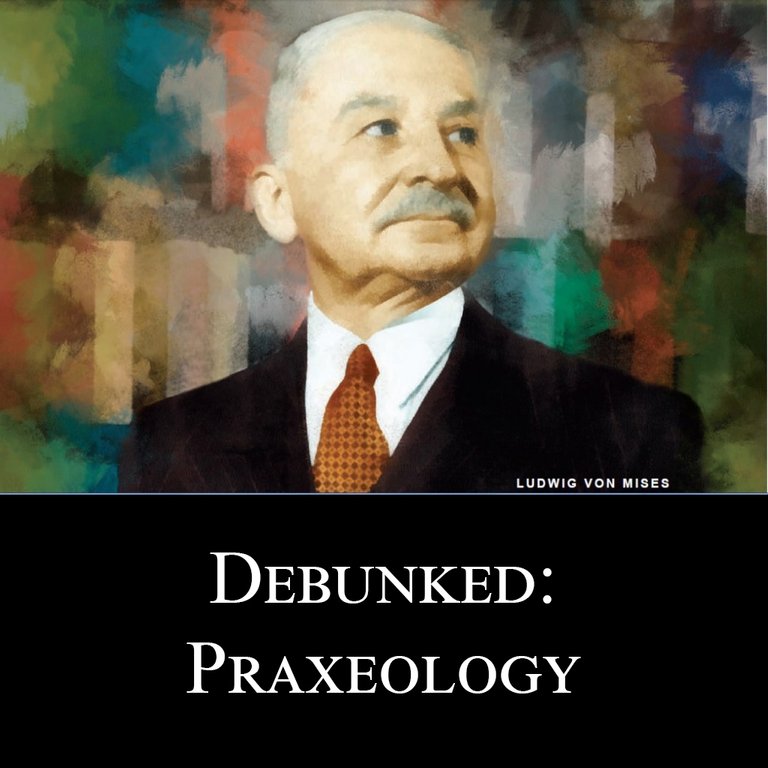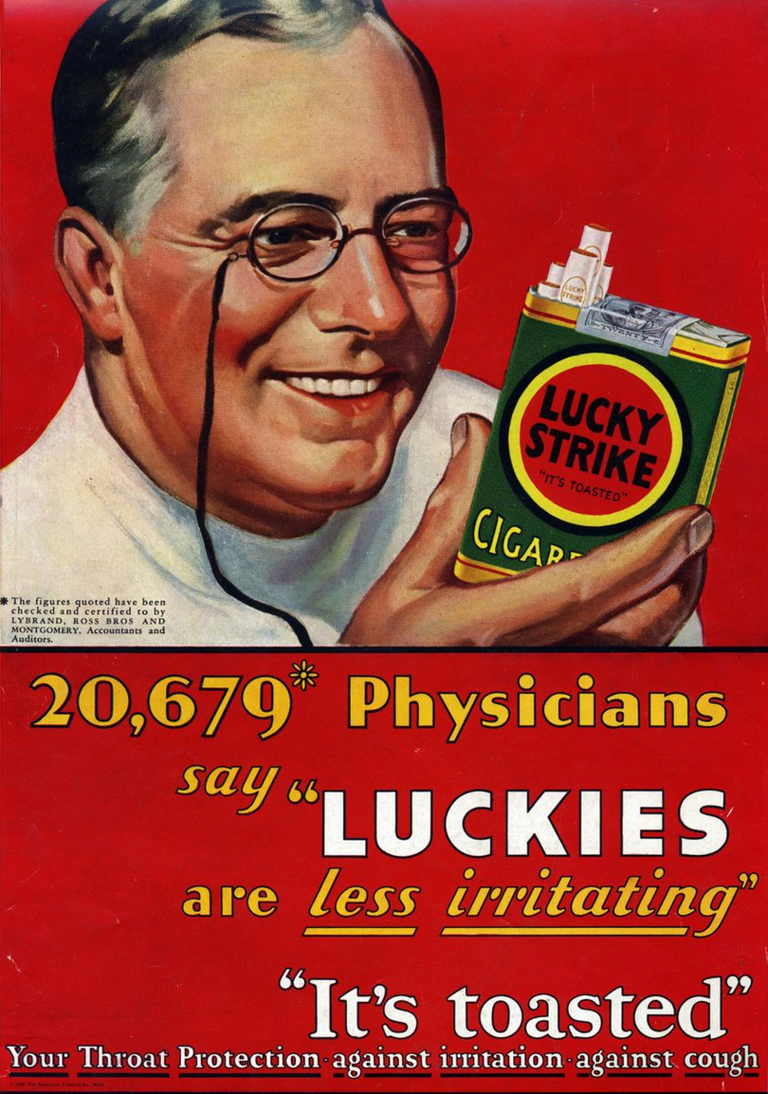
I am starting a new series that aims to challenge and dissect economic theories. The first in this series will be praxeology. Ludwig von Mises and Rothbard go hand in hand when discussion libertarian political and economic theories.
What is praxeology
Praxeology is the study of a priori human action and conduct. Praxeology was first derived from ancient Greek philosophers but was adapted by Scholastics for economic and social sciences. In the late nineteenth century Carl Menger used it to found the Austerian school of economic which taught Ludwig Von Mises. Mises later taught economist Friedrich Hayek and Murray Rothbard.
What is a priori?
A priori and its counterpart A posteriori are two Latin words for art which was popularized by Immanuel Kant.
A Priori = knowledge or art that must be deducted by reason.
A posteriori = knowledge or art that does not rely on reason to exist.
As you can guess (Post)eriori is the latter form of knowledge which is derived from priori.
Example of a priori would be "Humans are mortal. I am a human." and an example of a posteriori would be the conclusion "Thus I am a mortal because I am human."
To combine both topics praxeology is the study of logical human action and conduct. The final assumption for all of Mises and Rothbard economic theory relies on the idea that humans, or rather consumer, act as rational bodies that will make the best decision when consuming a product.
Why is this wrong?
There are 3 different approaches to help explain why this is not an accurate method of thinking. Humans don't act in their own self-interest all of the time. Have you ever heard of a man who sacrificed his life for another? What about drug addicts that continue to harm their bodies? Trauma victims? Marketing agencies that prey on people? All of these scenarios specifically break down why praxeology cannot be true as an absolute ideology.
Sociology
As a business & finance major one topic that I need to include is marketing. I'm going to talk about marketing in a way that is intended to show the fallacy of praxeology, but marketing in itself is not a malicious art. The first principle of any sales or marketing study is rhetoric. I am using rhetoric in this essay to convince you of my idea so it goes to show not all business tactics are bad. I'll discuss this later in another topic...
Massification, Lifestyle Advertising, and Tobacco

I feel like I could literally just leave this image here and it would do justice, but I have a commitment to my readers so let's get right into it. There is a special term in marketing called Lifestyle Advertising, and it is one of the most effective methods of advertisement. The Marlboro Man really takes the cake. One of my favorite youtubers Coffee Break really hit the nail on the head with "Sell an identity, not a product". The Marlboro Man was an icon of manliness & freedom. It showed that men can be rugged but compassionate. What man doesn't want to be a Marlboro Man? Woman love Marlboro Men and so the trends were cemented.
If you are still in disbelief I'll read you some statistics from the CDC.
- In 2016, cigarette and smokeless tobacco companies spent $9.5 billion on advertising and promotional expenses in the United States alone.
- About $26 million each day.
- About $250 per year for each U.S. adult smoker
The demography target is youth and young adults, women, and racial minorities.
- Tobacco ads make smoking appear to be appealing, which can increase adolescents’ desire to smoke
- 38.3% of Middle Schoolers preferred Marlboro.
- Marketing toward women is dominated by themes of social desirability, empowerment, and independence, which are conveyed by advertisements featuring slim, attractive, and athletic models.
- Marketing to Hispanics and American Indians/Alaska Natives has included advertising and promotion of cigarette brands with names such as Rio, Dorado, and American Spirit.
- The tobacco industry has targeted African American communities in its advertisements and promotional efforts for menthol cigarettes.
Notice how each group is in some way underrepresented in America? This is done on purpose because they have the highest chance of needing a "smoke fix" when times get tough. They are selling peace of mind not tobacco. This advertising can directly influence a customer’s decision making which creates a paradox with Mises idea that consumers act independently in their best interest.
Here is some more reading material...
Here.
Here.
Edward Bernays - The King of Propaganda
"Is it healthier to eat a hearty breakfast or a skimpy breakfast?" This was a famous question proposed to psychologists by Edward L. Bernays. You can find it on youtube.
The outcome was the a (heart)y breakfast which included bacon and eggs. That physician that answered was then paid by Beechnut Packing Company to ask 5,000 other physicians who agreed with him. This research study was published in the newspapers advocating bacon and eggs as a meal to increase the health of the American Public. This was done to improve the sales of bacon. This profiteering tactic is used by almost all major companies in the United States.
I will say this. Edward was a genius and he is directly responsible for the well-known business sector known as "public relations". It is corporate propaganda at its core. If you can't control the media's view on your business then you're pretty much going to get screwed so it's kind of important. Edward was a genius at manipulating the masses.
Jonestown Massacre
A cult is "A religion or religious sect generally considered to be extremist or false, with its followers often living in an unconventional manner under the guidance of an authoritarian, charismatic leader." This goes much farther than religion though. A cult can be a political group, a self-help group, nationalism itself or any sort of overzealous group usually run by a maniacal leader.
Jim Jones was this maniacal leader. He believed the ideas of socialism and Jesus Christ were overarching and this was seductive to a lot of people who had felt they were abandoned due to capitalism. Jones started in the Peoples Temple in the mid 60's and 70's as a member. He relocated to Guyana and in 1978 reports surfaced of human rights violations. After a congressman had visited Jonestown and when leaving with a group of members who wanted to ex-communicate from the cult violence ensued which resulted in a number of murders. This was dwarfed however by the mass suicide that took place resulting in over 900 suicides. The American term "drinking the Kool-Aid" was created from this tragedy.
I'll repeat from earlier in case you forgot... "Mises and Rothbard economic theory relies on the idea that humans, or rather consumer, act as rational bodies that will make the best decision when consuming a product".
Psychology
I would like to add that humans act but they also react. The ability for consumers to blindly follow trends is enough to overthrow Praxeology as an economic foundation, but there is more to discuss. Consumers also act independent while not in their best interest.
Trauma & Addiction
When consumers face trauma the potential for addiction increases especially as mental health treatment becomes harder to find. We have already covered smoking, but the culture runs much deeper. Sugar, alcohol, video games, porn, opioids, prescription drugs, shopping itself etc. can all be abused. When the consumer is left to their own vices and ends up harming themselves an economist is left with an ethical dilemma. If a free market allows a man to drink himself to death how do economists rationalize this? Most people I've spoken to that have been asked this question usually respond with "He made his own choices". I am displeased with this answer. It is an ethical and financially irresponsible answer.
Conclusion
Mises was an interesting man and his ideas were pretty sound if not for the flawed platform they were built on. This platform was widely accepted as reasonable during his time. I don't think Mises was a bad man. Every scholar accepts the fact that they will one day be discarded as new scholars presented better models. This is what academia is all about.
I think Mises biggest mistake was being so heavily influenced by Kant. Scholars in general don't really have a great understanding of universal ethics because societies morals are purely a social construct. Our moral values are rooted in our consciousness not our subconscious. We should build economics on top of the lowest level of human needs nor moral structures. I often discuss with my peers Maslow Hierarchy of needs as very undervalued when discussing economics and political sciences. We need to move past outdated ideas if we want better ideas to flourish.
I hope this article was helpful in answering any questions you had as well as guide to ask better questions. Please subscribe here to our newsletter to receive helpful information like this as well as future posts. Also make sure to share this article on social media to help inform others just like yourself.
Posted from my blog with SteemPress : https://lifestonellc.com/finance/economics/debunked/debunked-praxeology/
Congratulations! This post has been upvoted from the communal account, @minnowsupport, by apogi23 from the Minnow Support Project. It's a witness project run by aggroed, ausbitbank, teamsteem, theprophet0, someguy123, neoxian, followbtcnews, and netuoso. The goal is to help Steemit grow by supporting Minnows. Please find us at the Peace, Abundance, and Liberty Network (PALnet) Discord Channel. It's a completely public and open space to all members of the Steemit community who voluntarily choose to be there.
If you would like to delegate to the Minnow Support Project you can do so by clicking on the following links: 50SP, 100SP, 250SP, 500SP, 1000SP, 5000SP.
Be sure to leave at least 50SP undelegated on your account.